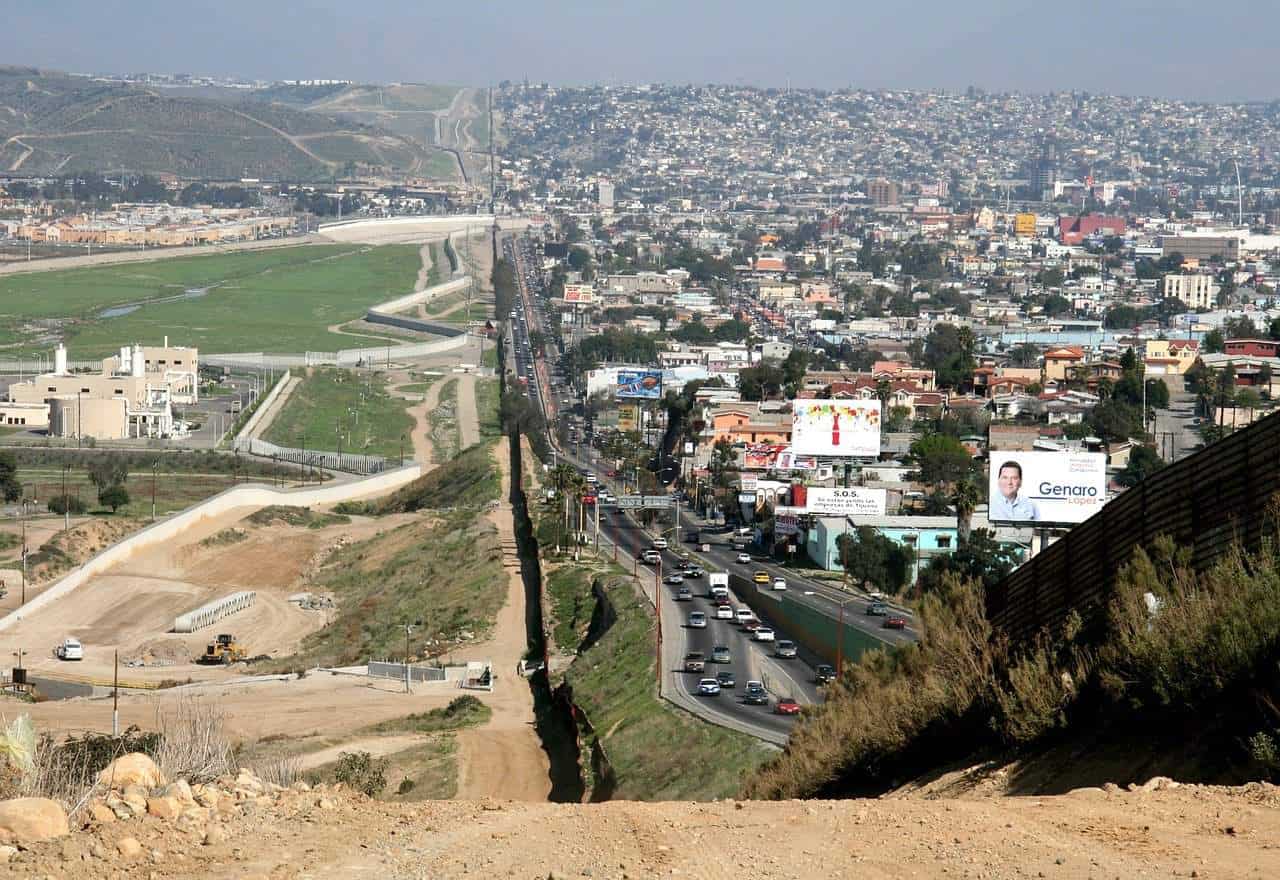The Supreme Court of the United States agreed on Monday to examine whether federal authorities can turn away asylum seekers before they cross the border with Mexico to file their claim. This policy, known as “metering,” was rescinded by the administration of Democrat Joe Biden, but his successor, Republican Donald Trump, wants the nation’s highest court to settle the issue.
Trump came to the presidency with a promise to expel millions of undocumented migrants from the United States. Since his return to the White House in January, he has taken a series of steps to speed up deportations and reduce border crossings.
Current immigration law allows a “foreigner who is physically present in the United States or who arrives in the United States” to apply for asylum.An appeals court ruled last year that this applies to would-be asylum seekers at ports of entry “regardless of which side of the border they are on.”
The Trump administration asked the Supreme Court, dominated by conservative justices, to reject that interpretation.“In ordinary English, a person ‘arrives in’ a country only when they enter within its borders. Therefore, a foreign national does not ‘arrive in’ the United States while still in Mexico,” Solicitor General John Sauer argued in his brief to the Court.
The appeals court’s decision “deprives the Executive Branch of a vital tool for managing flows at the border and preventing overcrowding at ports of entry,” he said.The Supreme Court agreed to hear the case during its annual term, which ends in late June 2026.
The immigrant rights organization Al Otro Lado, which brought the original lawsuit, welcomed the Supreme Court’s decision to take up the case. “Families, children and vulnerable adults fleeing persecution found themselves trapped in dangerous conditions, facing the risk of violent assaults, kidnappings and death,” the NGO said, announcing it would defend its arguments before the Court.
The Trump administration announced last month that the United States would admit 7,500 refugees in fiscal year 2026 (which began on October 1), compared to more than 100,000 annually under President Biden. It also said it would give priority to white South Africans.

